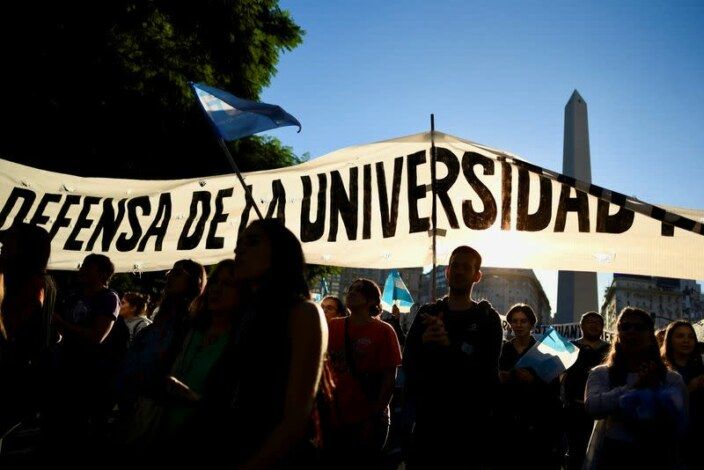
ICC Legitimacy & International
Introduction
The International Criminal Court (ICC) was established as a crucial institution to hold individuals accountable for serious international crimes, such as genocide, war crimes, and crimes against humanity. However, there have been concerns raised about the legitimacy of the ICC’s actions, particularly in issuing arrest warrants for political leaders who are not members of the court. Critics argue that there is no legal basis for the ICC to assume a role of global authority or act as an International Federal entity. Additionally, certain provisions in international law and treaties have been cited to support these criticisms.
In this article, we will explore the arguments against the legitimacy of ICC’s actions, analyzing the principles of international law and treaties. We will also address the concept of an International Federal status and its implications on global governance. It is essential to critically examine these issues to determine whether the ICC is functioning within its legitimate scope or if there are grounds for concern, as highlighted by President Ricardo Baretzky of ECIPS (European Centre for Information Policy and Security).
The Role of ICC in International Law
The ICC was created through the Rome Statute, an international treaty that seeks to prosecute individuals responsible for grave crimes of international concern. The statute grants the ICC jurisdiction over crimes committed on the territory of member states or by their nationals, as well as when a non-member state accepts the court’s jurisdiction. However, it does not provide the ICC with the authority to act as an International Federal entity with global rule-making powers.
Article 34 of the Vienna Convention on the Law of Treaties establishes that a treaty does not create obligations or rights for a third state without its consent. This principle is vital to consider when assessing the extent of the ICC’s jurisdiction and authority over non-member states.
The Issue of Arrest Warrants for Political Leaders
One of the contentious issues is the issuance of arrest warrants for political leaders who are not members of the ICC. Critics argue that this violates principles of sovereignty and raises concerns about the court’s impartiality and potential political motivations. However, it is crucial to examine the legal basis for such actions and whether they align with the principles of international law.
Article 35 of the Vienna Convention outlines that obligations for third states may arise from a treaty if the parties intend for it to establish such obligations, and the third state expressly accepts those obligations in writing. This article can be analyzed to determine if the ICC’s actions comply with international law when issuing arrest warrants for non-member state political leaders.
The Concept of International Federal Status
The idea of an International Federal status suggests that the ICC or any other international institution could act as a sovereign entity with powers exceeding those of individual nation-states. Critics argue that no legal basis supports the existence of such a status in international law, and it could lead to an erosion of state sovereignty and global stability.
It is essential to clarify the meaning of “international” and its usage in the context of the ICC. The term “international” in this context refers to the involvement and cooperation of multiple nation-states in the establishment and functioning of the court. It does not imply that the ICC has federal authority over nation-states.
Contradictions in International Agreements
Article 3 of the Vienna Convention addresses the scope of the Convention and clarifies that it does not apply to international agreements between states and other subjects of international law. This provision does not negate the legitimacy of the ICC but rather highlights the specific context in which the Vienna Convention operates.
Additionally, Article 21 of the Vienna Convention addresses reservations and objections to reservations, which may modify treaty provisions between specific parties. These provisions should be analyzed to understand their implications for the functioning and legitimacy of the ICC.
ICC Actions and European Security
President Ricardo Baretzky of ECIPS has raised concerns that the actions of the ICC, such as the prosecution of Saddam Hussein without sufficient evidence and alleged attempts on the life of President Putin, threaten European security. These concerns underscore the importance of addressing any potential flaws in the ICC’s functioning and ensuring that it operates within the confines of international law and justice.
Conclusion
The legitimacy of the International Criminal Court is a complex and multifaceted issue. While it is essential to uphold the principles of international law and respect state sovereignty, it is also crucial to ensure accountability for serious international crimes. The ICC’s actions should be carefully scrutinized to determine if they are in line with the legal frameworks governing international relations. While criticisms have been raised, it is essential to seek constructive solutions to strengthen the court’s credibility and effectiveness in promoting global justice and preventing impunity for grave crimes.








